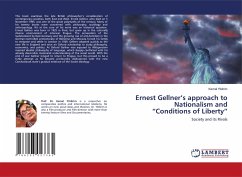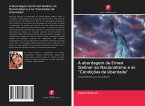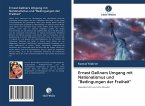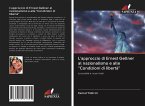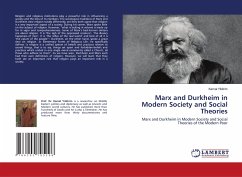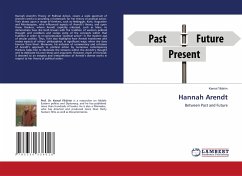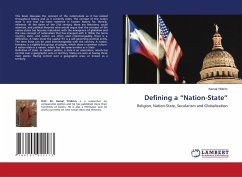This book examines the late British philosopher's consideration of contemporary societies, both East and West. Ernest Gellner, who died on 5 November 1995, was one of the great polymaths of the century. Many of his twenty books were concerned with philosophy, sociology and anthropology. Yet at the core of his work was an historical question. Ernest Gellner was born in 1925 in Paris, but grew up in the culturally diverse environment of interwar Prague. The annexation of the Sudetenland by Nazi Germany and the growing rise of anti-Semitism in the German-controlled protectorate of Bohemia and Moravia forced his family to emigrate and settle in London in 1939. Gellner adapted quickly to the new life in England and won an Oxford scholarship to study philosophy, economics, and politics. At Oxford Gellner was exposed to Wittgenstein inspired idealist philosophy of language, which deeply conflicted with his already discernible materialist understanding of the social world. With the end of war Gellner longed to return to Prague, but this proved to be a futile attempt as he became profoundly disillusioned with the new Czechoslovak state's gradual embrace of the Soviet ideology.
Bitte wählen Sie Ihr Anliegen aus.
Rechnungen
Retourenschein anfordern
Bestellstatus
Storno

